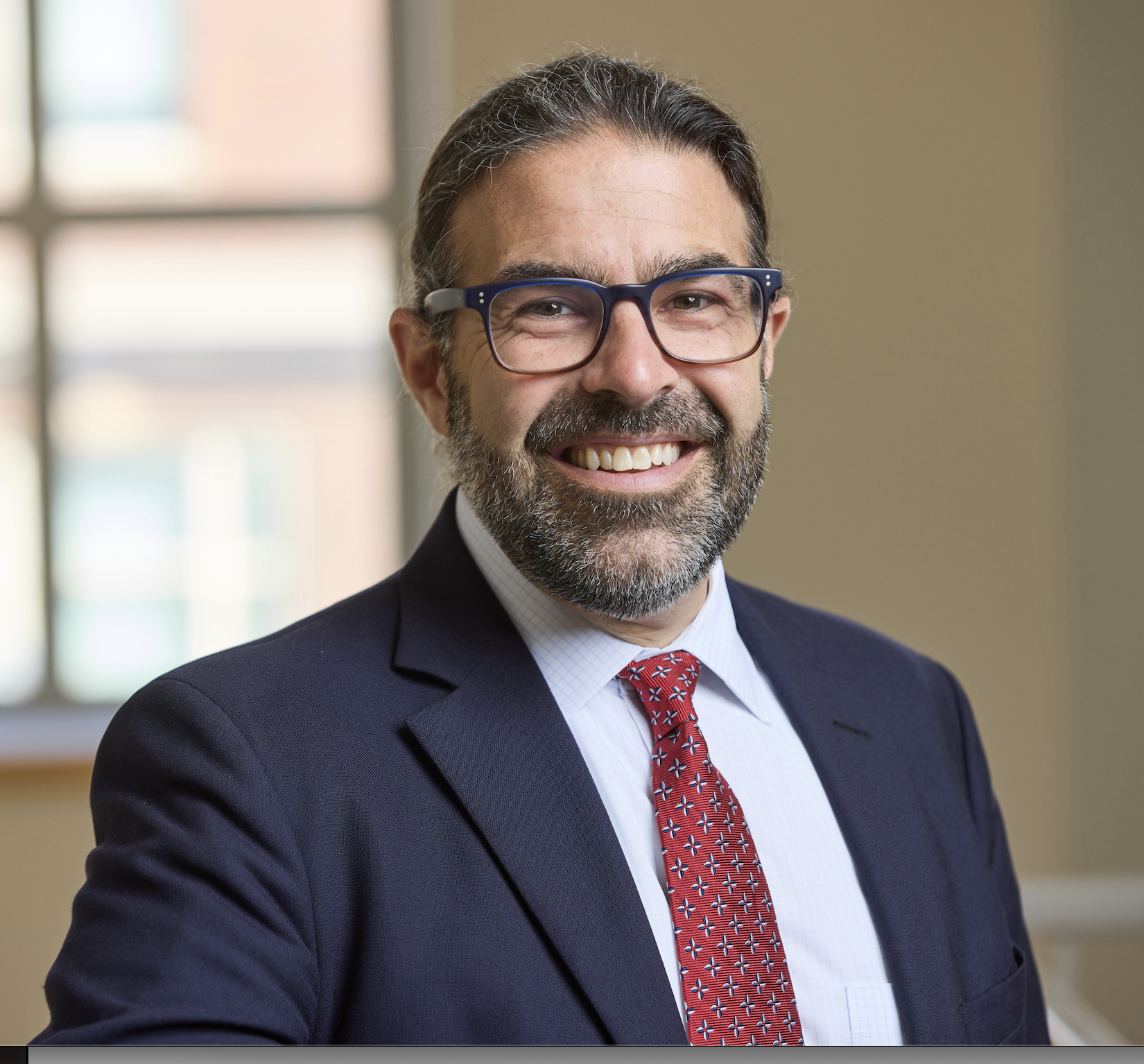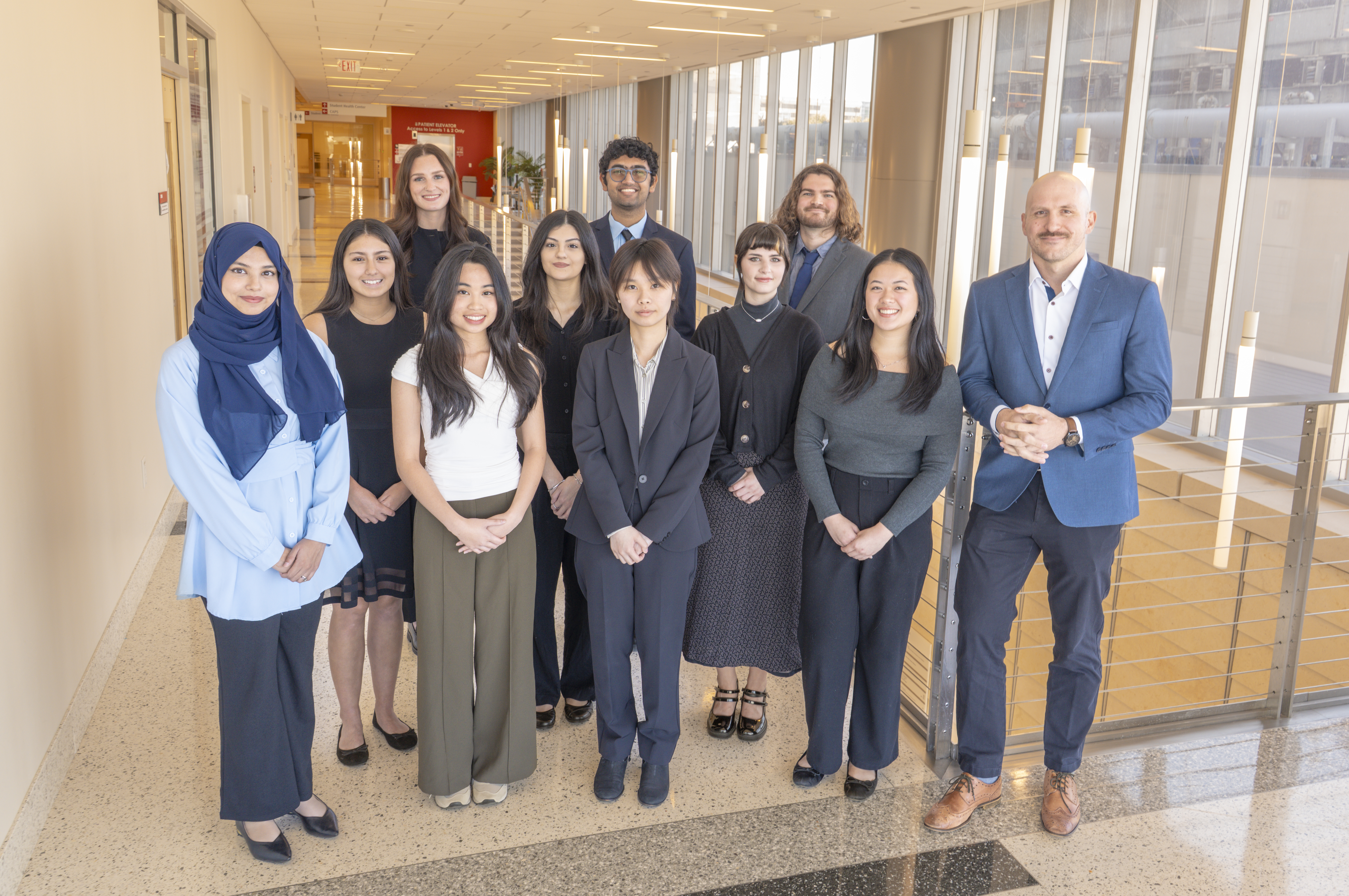

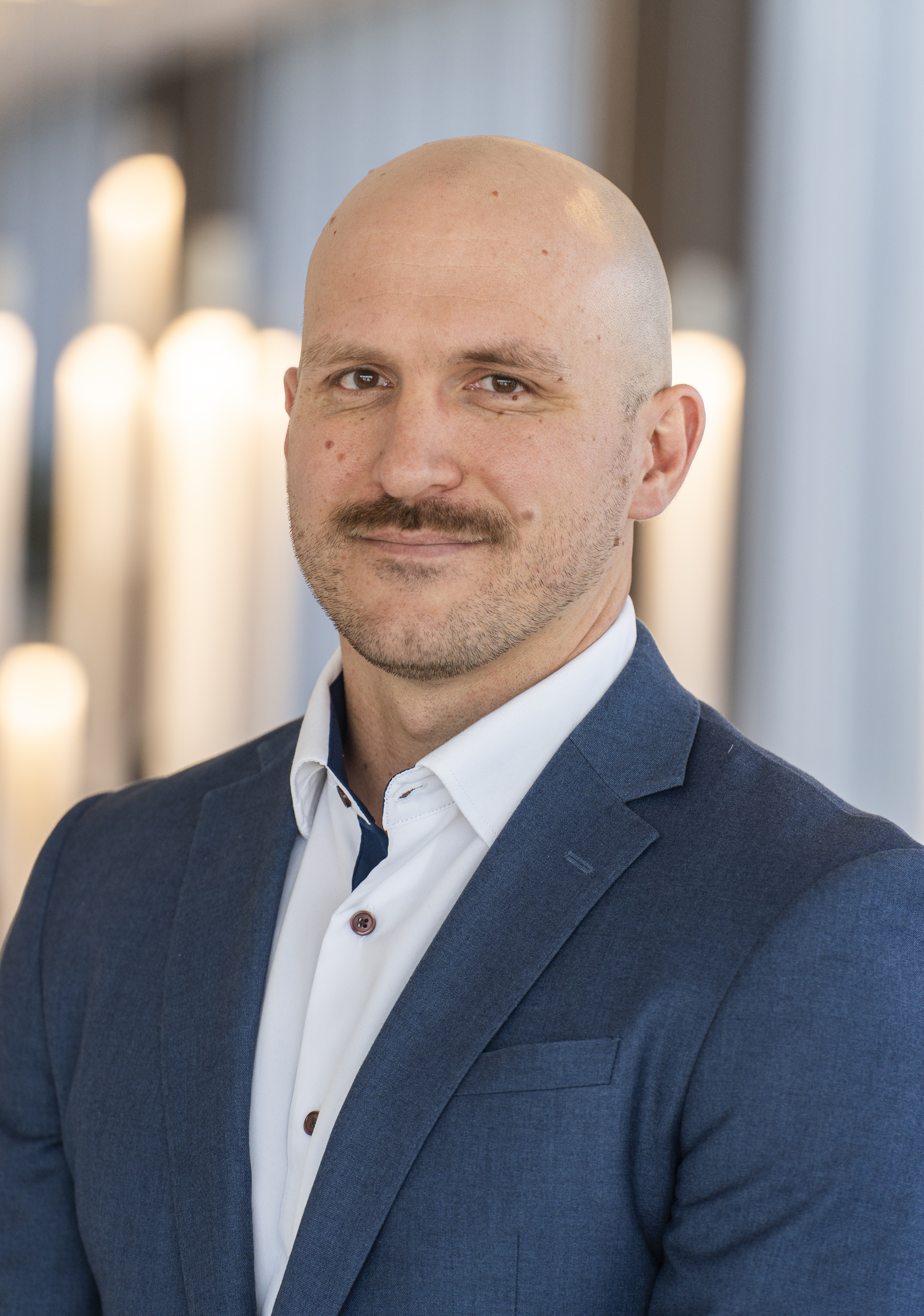
Dr. Griffin completed his doctoral training at Pennsylvania State University and his postdoctoral training at Yale University, where he was a Hilibrand Postdoctoral Fellow. His research program centers on understanding the neural and behavioral mechanisms that influence social perception (e.g., face processing) in both autistic and non-autistic children and adolescents. As a cognitive neuroscientist and autism researcher, Dr. Griffin strives to merge neuroscience, clinical, and quantitative methodologies to amplify the translational impact of his work. To achieve this, he employs a diverse range of tools, including electroencephalography (EEG), eye-tracking, intervention science, and advanced statistical techniques, aiming to deepen our understanding of social perception in autism.
Dr. Griffin's research has garnered funding from various intramural and extramural sources, including the Hilibrand Foundation, the Autism Science Foundation, the Slifka Foundation, the Division of Research at University of Houston, and the National Institute of Mental Health (NIMH).
He has also been recognized with numerous awards for his contributions, including the Alumni Association Dissertation Award, which earned him the Distinguished Scholar Medal. Most notably, he earned the INSAR Slifka/Ritvo Innovation in Autism Research Award and the NOMIS and Science Young Explorer Award, highlighting his innovative approach to autism research as an early career investigator. He also serves on the Early Career Committee for APA Division 3: Experimental Psychology and Cognitive Science and is on the Editorial Board of the peer-reviewed journal Autism.

Callie is a first-year doctoral student at the University of Houston. Born a Louisiana native, she graduated from Louisiana State University with a BSc in psychology in 2022 and discovered her passion for cognition and language processes. Following graduation, Callie began her job as a support coordinator at Medical Resources and Guidance, where she assisted individuals with developmental disabilities and ensured they had the necessary support to thrive. In terms of research, she is interested in how individuals with autism process language, categorize objects, and perceive social information. Callie’s long-term goal is to apply her research to improve the lives of people with autism and other developmental disabilities to provide tools for their success.

Ayesha is a doctoral student in the Integrative Developmental, Cognitive, and Behavioral Neuroscience program at University of Houston. She holds a B.A. in Psychology with a minor in Information Technology from Malaysia, where she received the Best Student Award in her cohort. She later earned a M.S. (with distinction) in Health Psychology from the University of Southampton in the United Kingdom. After living in and exploring parts of Asia and Europe, and working on a Parkinson’s study funded by the UK’s National Institute for Mental Health (NIMH), Ayesha developed a strong interest in using computational methods to understand how social perceptions are formed and how social situations are navigated by both neurotypical and neurodivergent individuals, such children with autism, across different cultural groups. When she is not doing research, Ayesha enjoys traveling, computer science, board games, and finding creative ways to expand her picky eating palette.
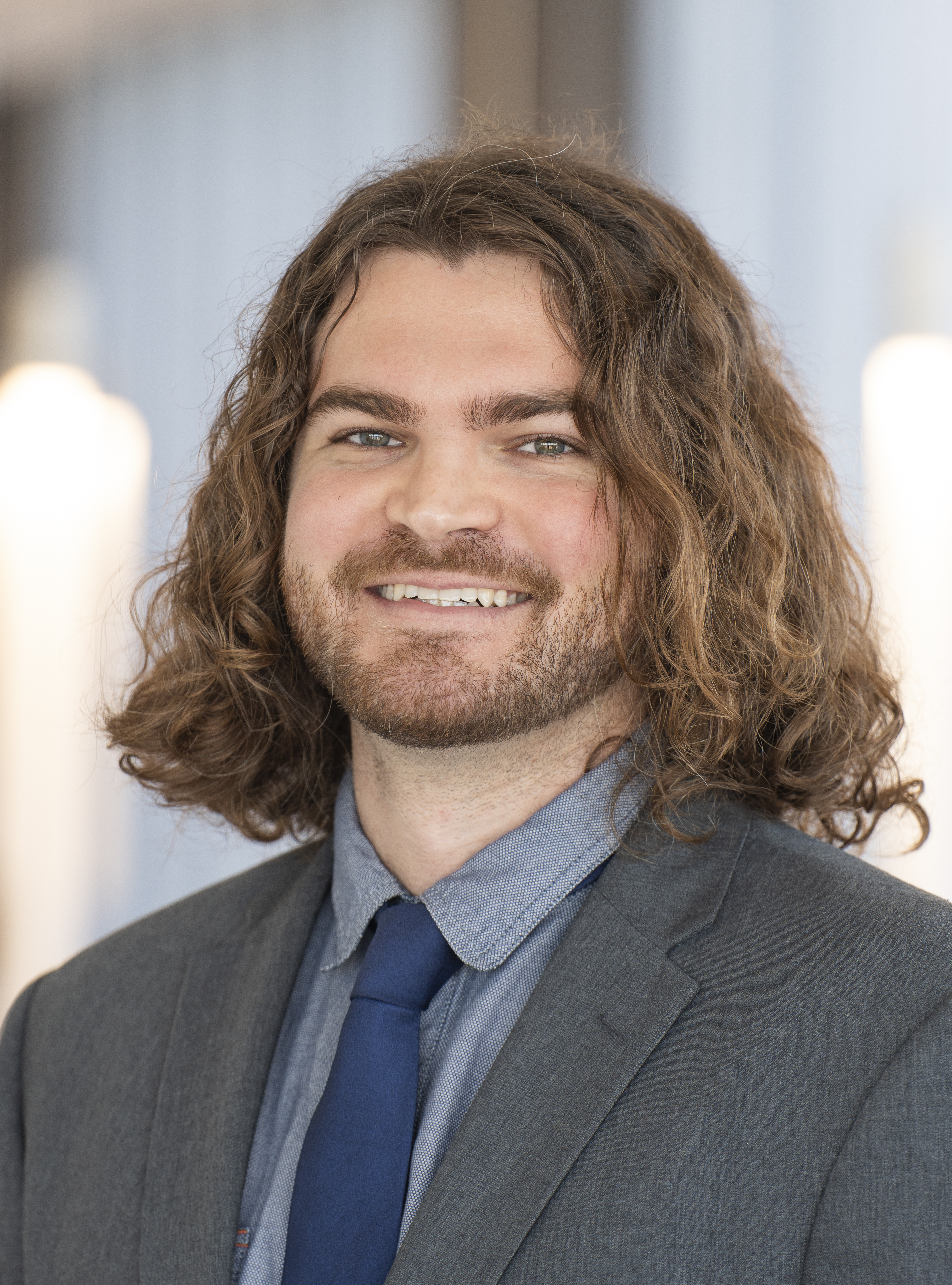
Samuel graduated from Trinity University with a B.A. in Psychology, where he helped conduct research on the interplay between core cognitive processes like memory and emotion. For the past several years, Sam has worked as a Registered Behavioral Technician doing play-based therapy with children and teenagers with autism spectrum disorder. He has developed a passion for working with people with autism and autism research. He aims to expand the scope of autism research by bringing more of a focus to those with high service needs.

Abigail Carroll is a psychology student minoring in Communication Sciences and Disorders. Her academic interests focus on the cognitive and social dimensions of autism and other developmental disorders, particularly communication, language development, and emotional understanding. Growing up with a family member on the autism spectrum (ASD) inspired her to study how early parent-child communication and environmental factors shape social-emotional development. Abigail hopes to contribute to research and clinical work that improves understanding and support for individuals with autism, bridging science and empathy to promote inclusion and recognize individual strengths.

Laura is an undergraduate pre-health student at the University of Houston. She is interested in social development of children with autism and its link to cognitive and biological processes. As a research assistant, she aims to contribute to expanding the clinical diagnostic tools for autism while promoting neurodiversity. Aside from her academic pursuits, she likes trying new foods and cooking for friends!
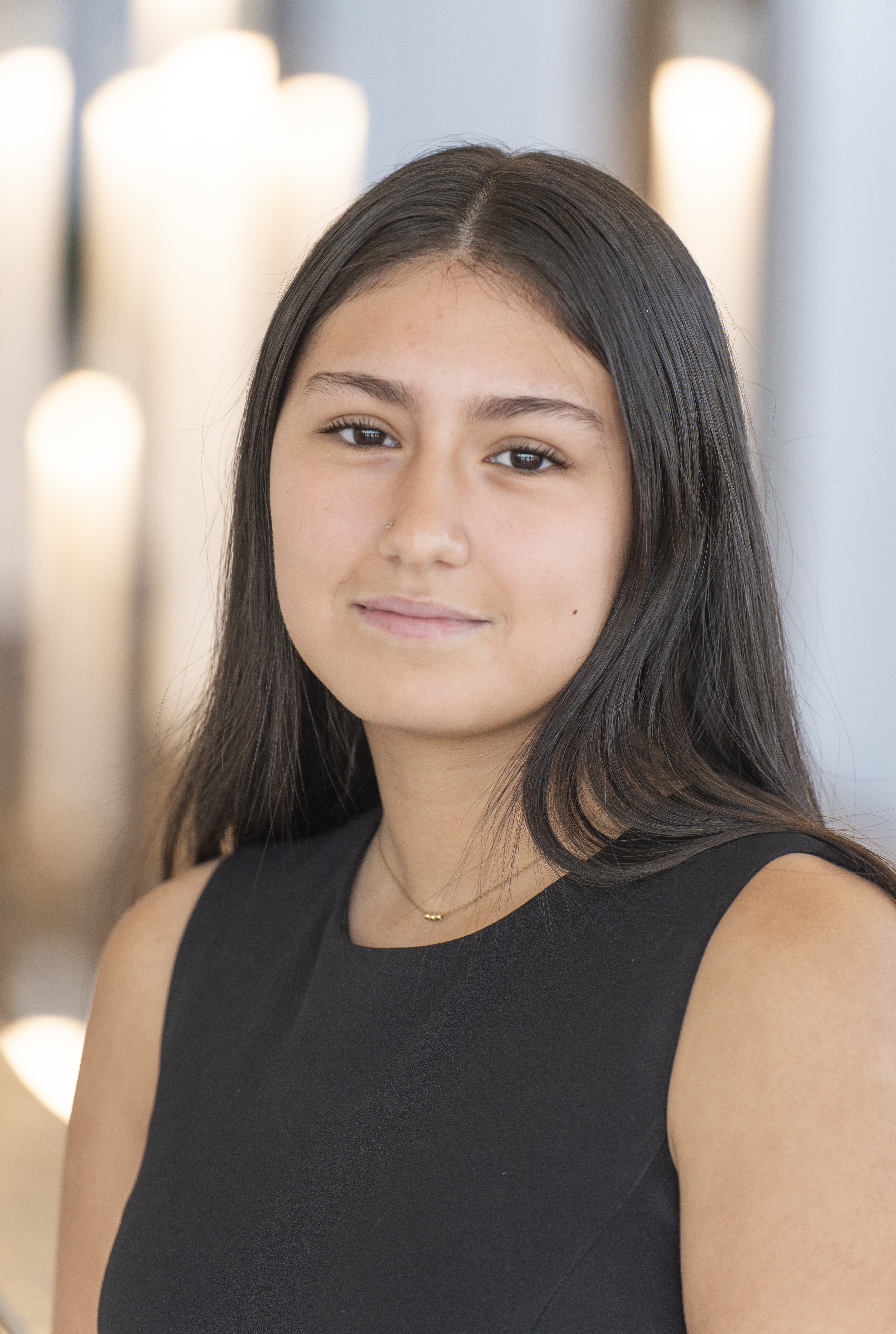
Born and raised in Houston, Texas, Vanessa is interested in understanding cognitive functioning in developmental populations. She sings in the UH choir. Ultimately, Vanessa wants to attend graduate school after UH and one day become a psychiatrist.

Born and raised in Houston, Alyssa is interested in the neurological and developmental processes that underlie child psychology with a focus on how these processes impact various psychological disorders, like autism spectrum disorder. She aims to attend graduate school in the future and specialize in child psychology.

Kaela is passionate about studying human interaction in autistic individuals and crossing the bridge between humanities and sciences.

Born in Austin, TX, Sam is very interested in applying principles of developmental psychology to real world settings and believes that more ecological approaches will help destigmatize society's perception of autism and encourage them to lean into their strengths. Sam hopes to attend graduate school after UH and study to become a Pediatric Occupational Therapist.

Having grown up in Houston for the past 14 years, Laay, along with wanting to enlighten those who have negative social perceptions regarding autism, is very interested in learning about the relationship between cognitive function and oculomotor movements in individuals with autism. He is a passionate violinist who aspires to attend medical school and become a physician in Texas.
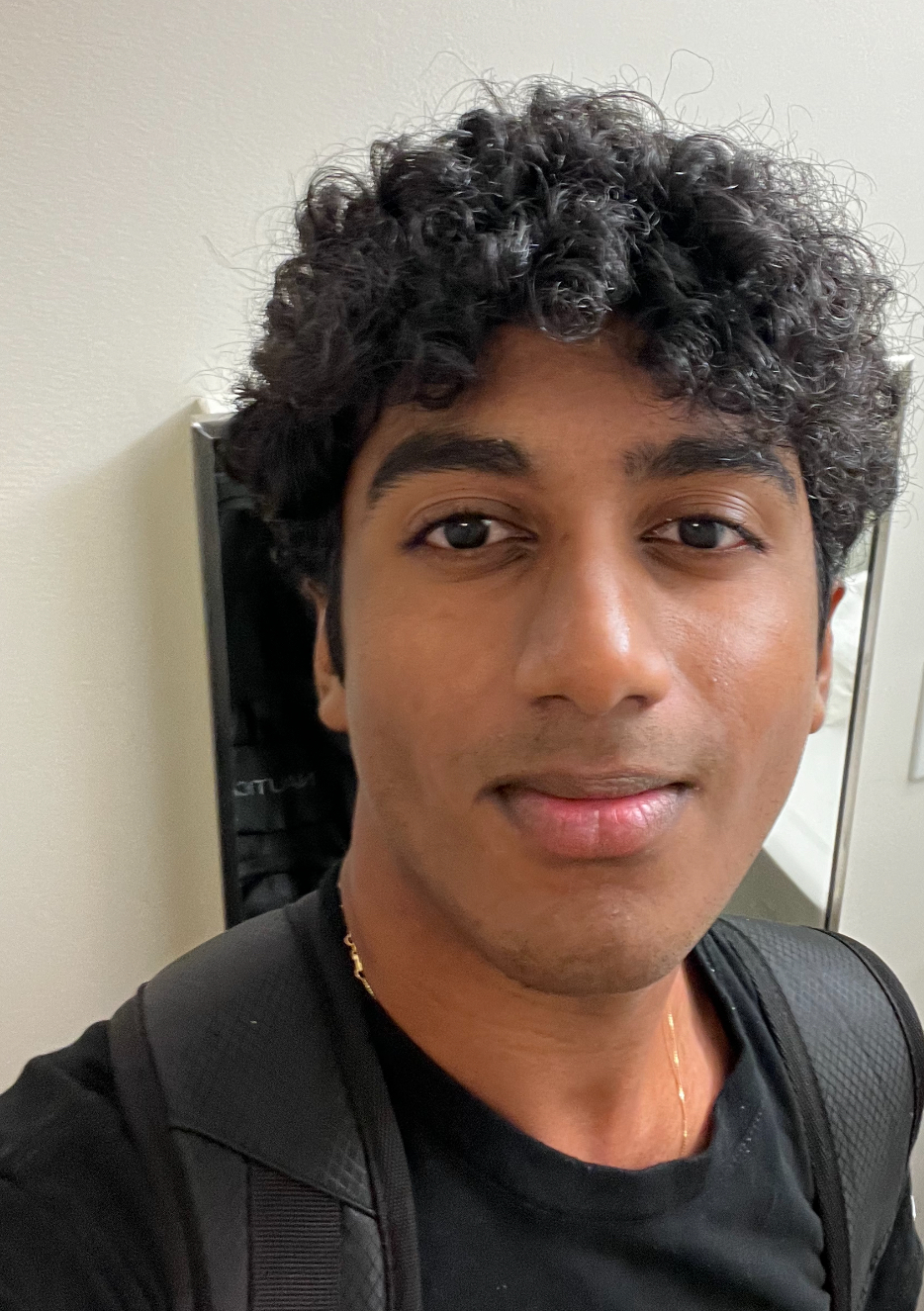
Originally from Monroe Township, New Jersey, Chris spent over 5 years volunteering in the Special Olympics. He joined the Griffin Laboratory because of his strong interest in learning more about autism, social perception, and eye gaze. Chris hopes to either attend graduate or medical school after graduating from UH.

